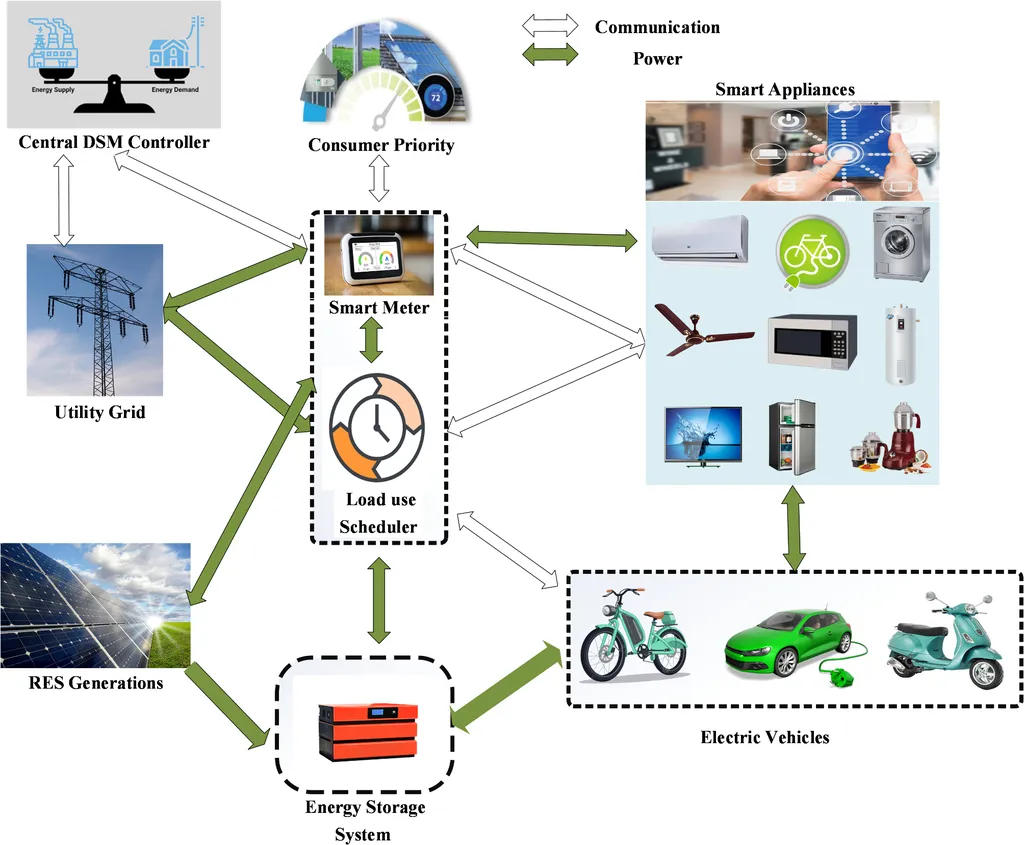In the rapidly evolving energy landscape, the integration of renewable sources has brought both opportunities and challenges. One of the most pressing issues is maintaining grid stability amidst unpredictable load fluctuations. A recent study published in the journal “Results in Engineering” offers a promising solution to this problem, with significant implications for the energy sector.
The research, led by Yanliu Li from the State Grid Jiangsu Electric Power Co., Ltd in China, introduces the Data Frequency Scheduling Optimization Framework (DFSOF). This innovative approach is designed to enhance the management of energy storage systems, ensuring real-time grid support and frequency stability.
“The capability to manage energy storage power plants intelligently has now become indispensable to ensure grid stability against uncertain load fluctuations,” Li explains. The DFSOF achieves this by employing a data-driven hybrid control approach that combines adaptive load forecasting, frequency deviation analysis, and reinforcement learning-based charge and discharge optimization.
One of the key features of the DFSOF is its use of smart scheduling algorithms and the Dynamic Frequency Stability Index (DFSI). These tools address critical issues such as unpredictable frequency variations, inefficient scheduling, and the lack of online performance assessment. By continuously evaluating the performance of storage systems in real-time grid conditions, the DFSOF enables optimal energy dispatch decisions.
The results of the study are impressive. Compared to conventional scheduling methods, the DFSOF demonstrates up to 96.4% improvement in energy efficiency, reaction time, and frequency regulation accuracy. This technology not only enhances grid stability but also paves the way for scalable, smart, and green grid management.
The implications of this research are far-reaching. As Li notes, “With this technology, scalable, smart, and green grid management becomes feasible, with applications in smart grid infrastructures, microgrid coordination, and renewable energy integration cases.”
The DFSOF represents a significant step forward in the quest for a more stable and sustainable energy future. By providing a robust framework for managing energy storage systems, it offers a powerful tool for energy providers and grid operators. As the energy sector continues to evolve, innovations like the DFSOF will be crucial in shaping the future of grid management and renewable energy integration.
Published in the journal “Results in Engineering,” this research highlights the potential of data-driven approaches to address the challenges of modern power systems. As the energy sector looks to the future, the insights and innovations presented in this study will undoubtedly play a key role in driving progress and innovation.

